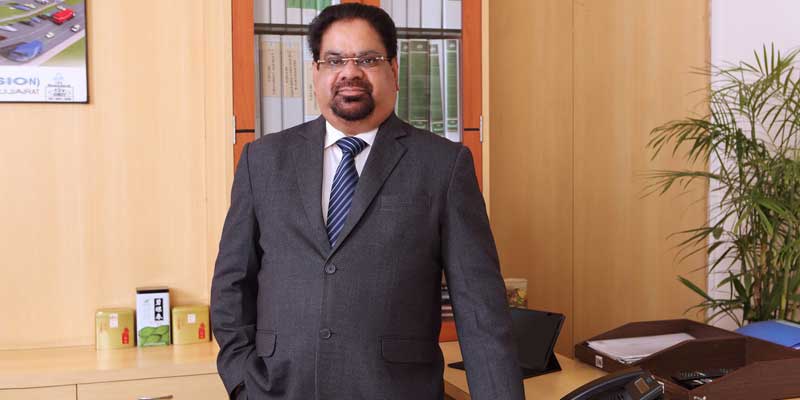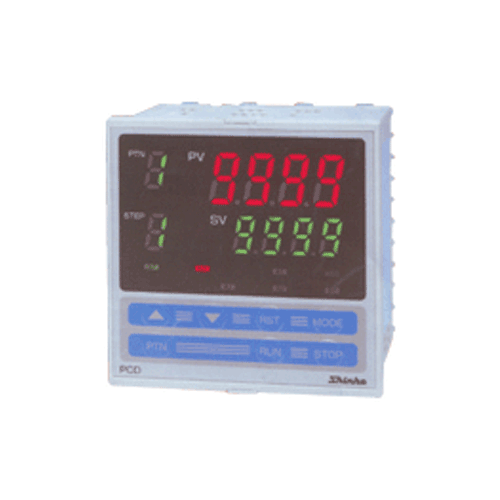Schedule a Call Back
Energy efficiency is a prominent trend in the EPC industry
 Interviews
Interviews- Oct 31,23

Related Stories

SED Wins Contract for India’s First Boilerless Green Sugar Refinery
SED will build India’s first boilerless sugar refinery at Kandla, Gujarat, processing up to 1,500 TPD with zero water use, zero emissions, and renewable energy, supporting sustainable and export-g..
Read more
Kaynes Semicon Adopts Synopsys Simulation for OSAT Manufacturing Excellence
Kaynes Semicon integrates Synopsys multiphysics simulation at its Sanand facility to improve reliability, yield efficiency, and advanced semiconductor packaging capabilities under the Make in India ..
Read more
Texmaco–RVNL JV to Boost India’s Global Rail Manufacturing
Texmaco Rail & Engineering and RVNL sign a JV Shareholders’ Agreement to scale advanced rolling stock, EPC execution and global rail infrastructure solutions.
Read moreRelated Products

Programmable Controllers - Pcd-33a Series
Pro-Med Instruments (P) Ltd offers a wide range of programmable controllers - PCD-33A Series.

Gasket Graphite Powder
Arihant Packing & Gasket Company offers a wide range of gasket graphite powder.
Asahi Kasei expands 3D printing filament sales in North America
Asahi Kasei, a leading resin and compounding technology provider, has initiated the sales of 3D printing (3DP) filaments in North America through Asahi Kasei Plastics North America (APNA). The soft la Read more













